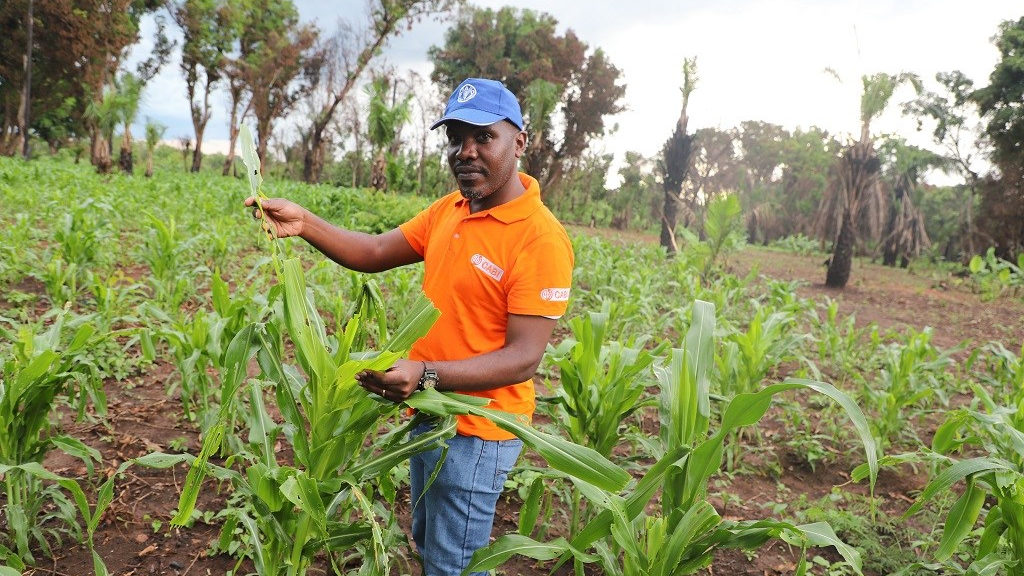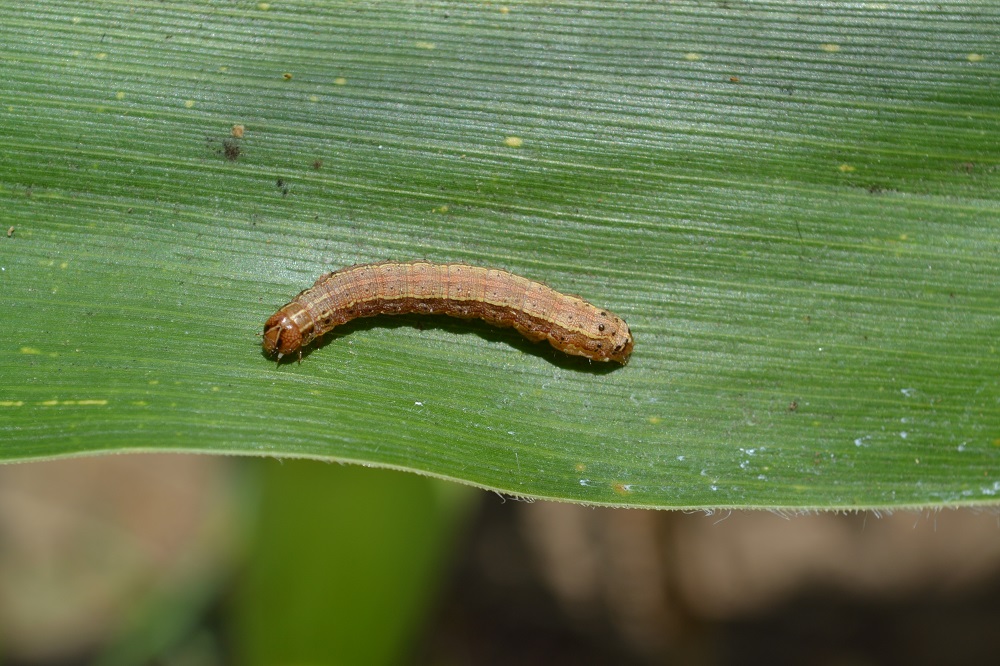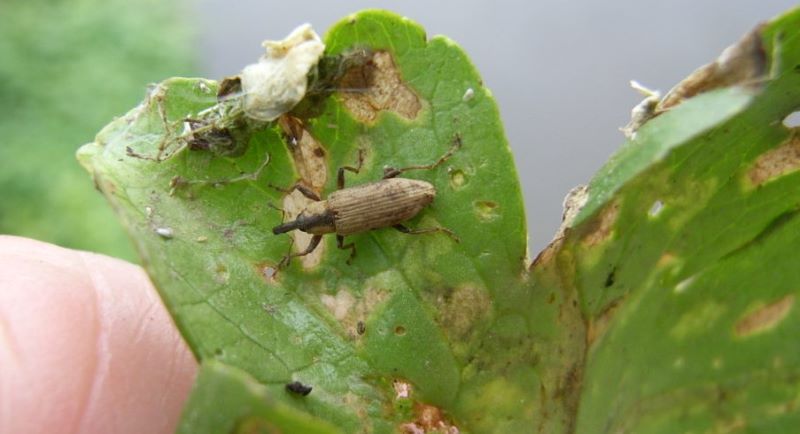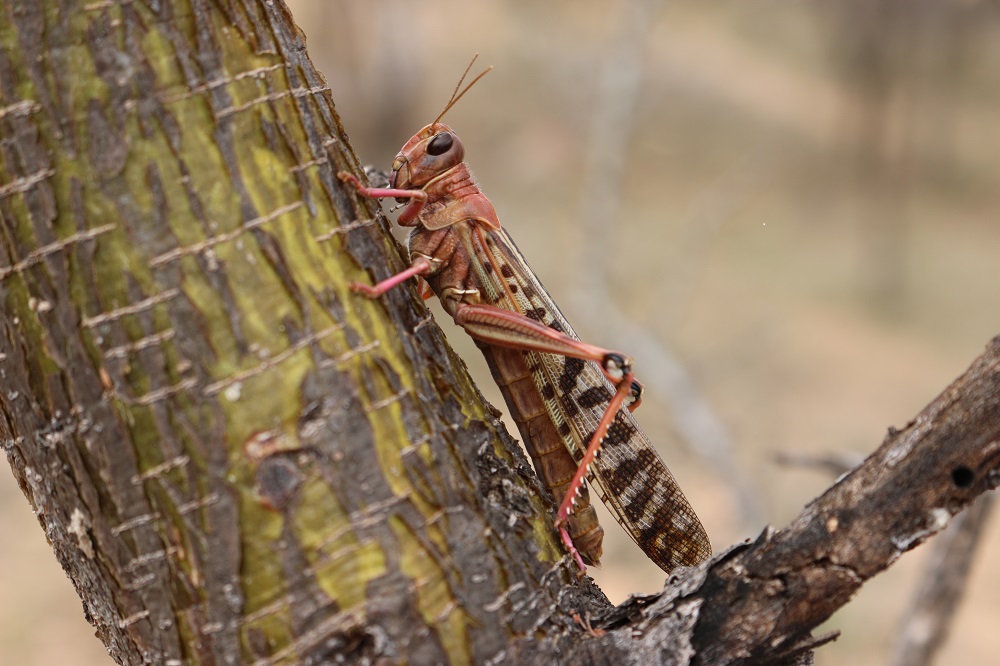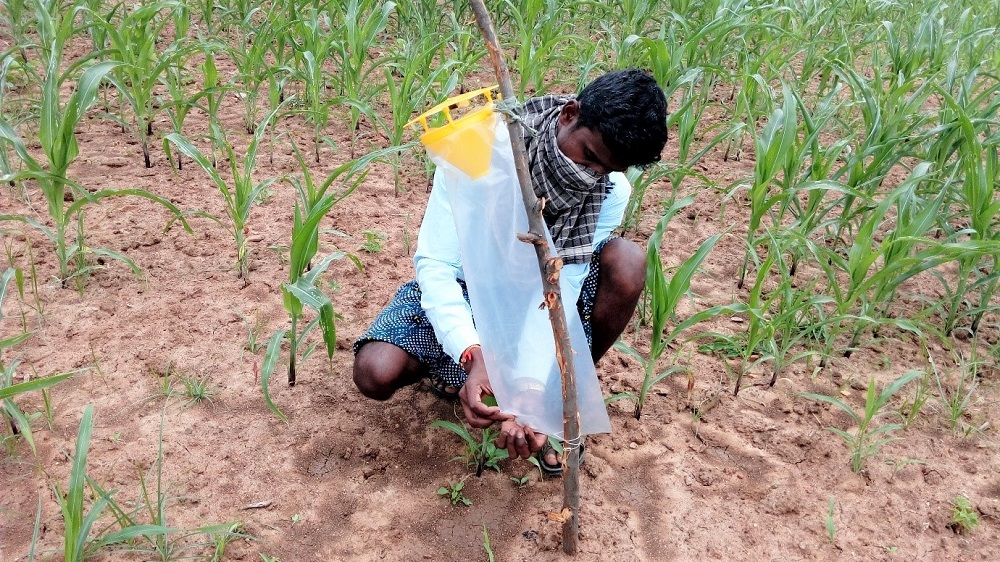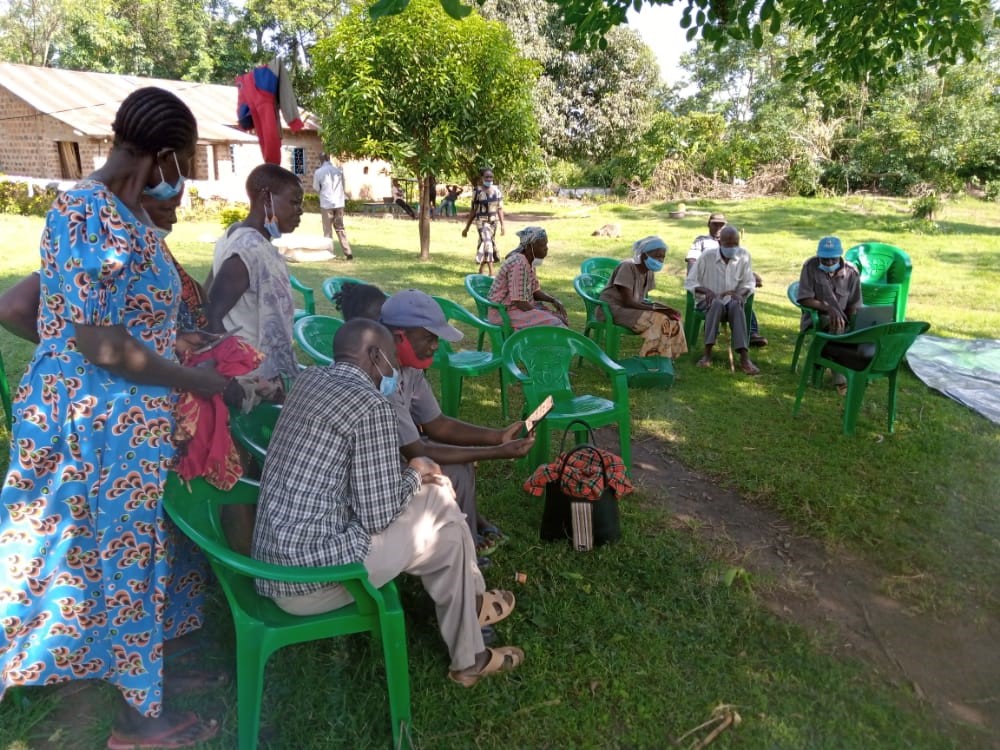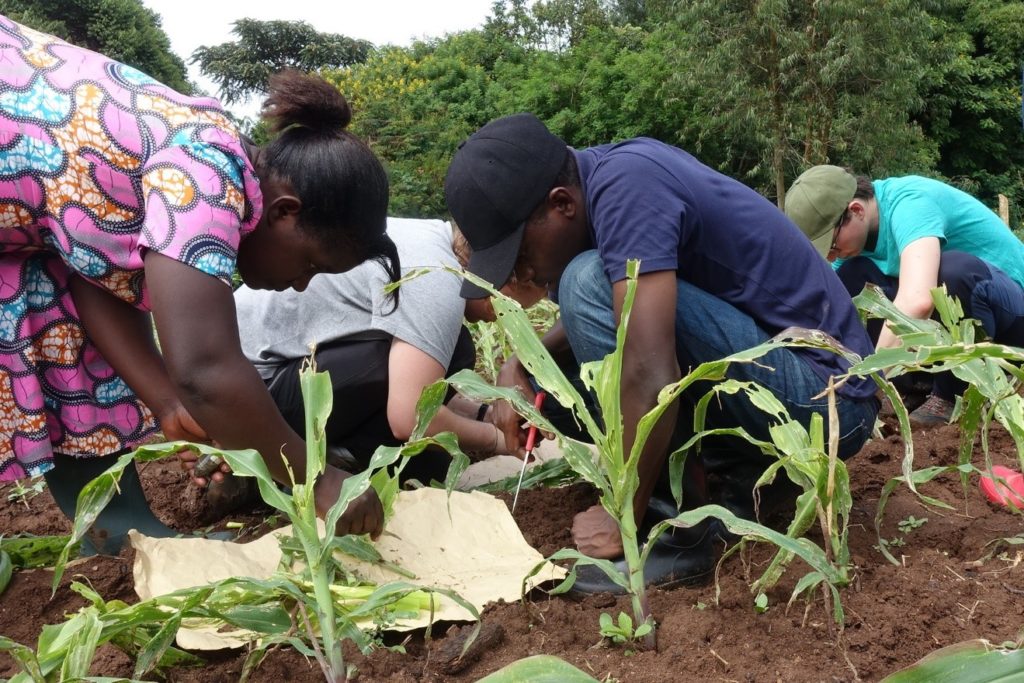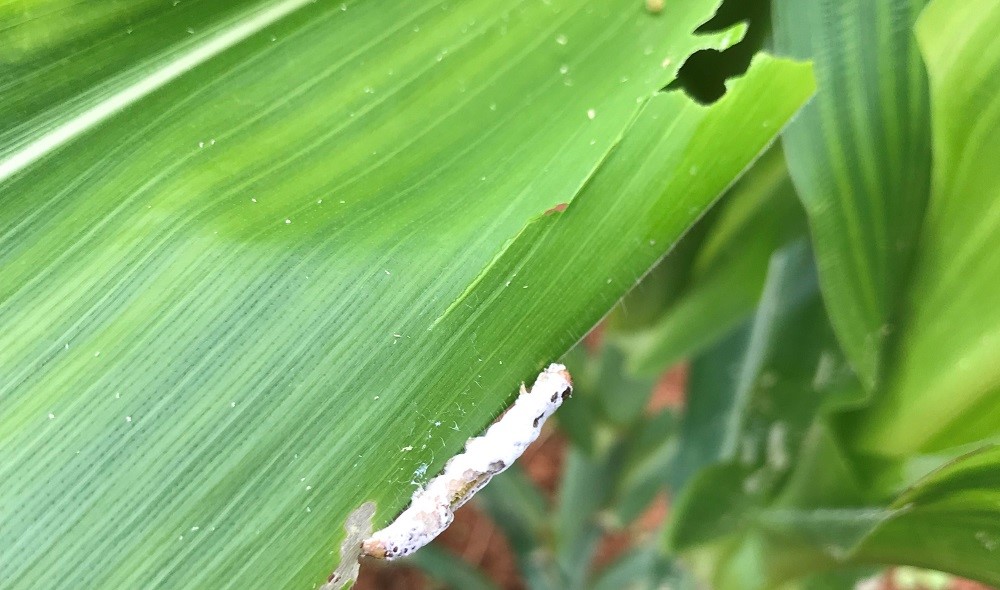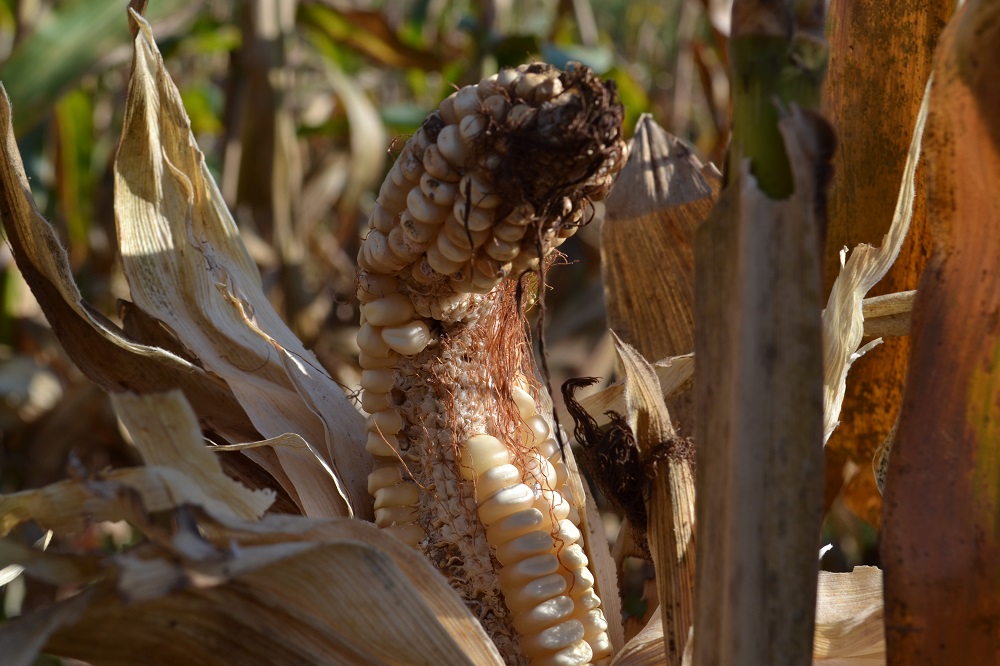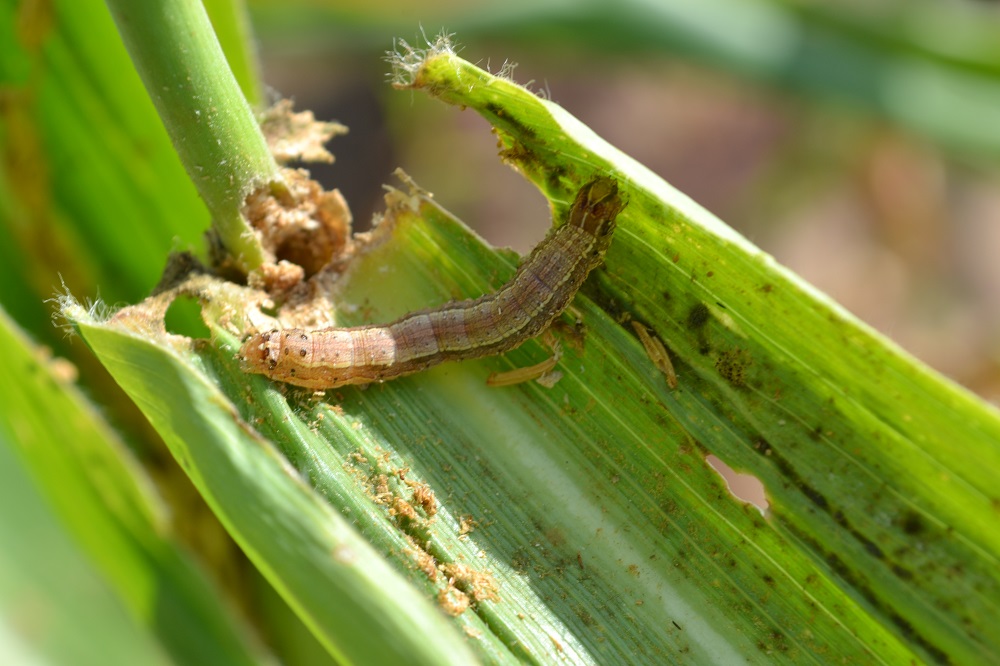CABI podcast – new series on invasive species launches
A new podcast mini-series on invasive species has been launched by CABI. Each podcast episode features CABI experts sharing their in-depth knowledge of an invasive species, including the negative economic, environmental and social impacts that they cause, and CABI’s work in helping to manage them.
Insect heroes fighting invasive species
Today marks the beginning of Insect Week (21-27 June) – a week to learn more about the science and natural history of insects. We are highlighting some of the insect heroes, and villains, CABI scientists work with on a regular basis. Scientists at CABI’s Egham laboratory work with a range of insect species, from plant-parasitic…
New paper aims to clarify confusion in leaf damage rating scales for fall armyworm
A trans-regional group of researchers has sought to cast light on the numerous rating scales used for assessing leaf damage caused by the highly destructive invasive maize pest, the Fall armyworm (Spodoptera frugiperda).

